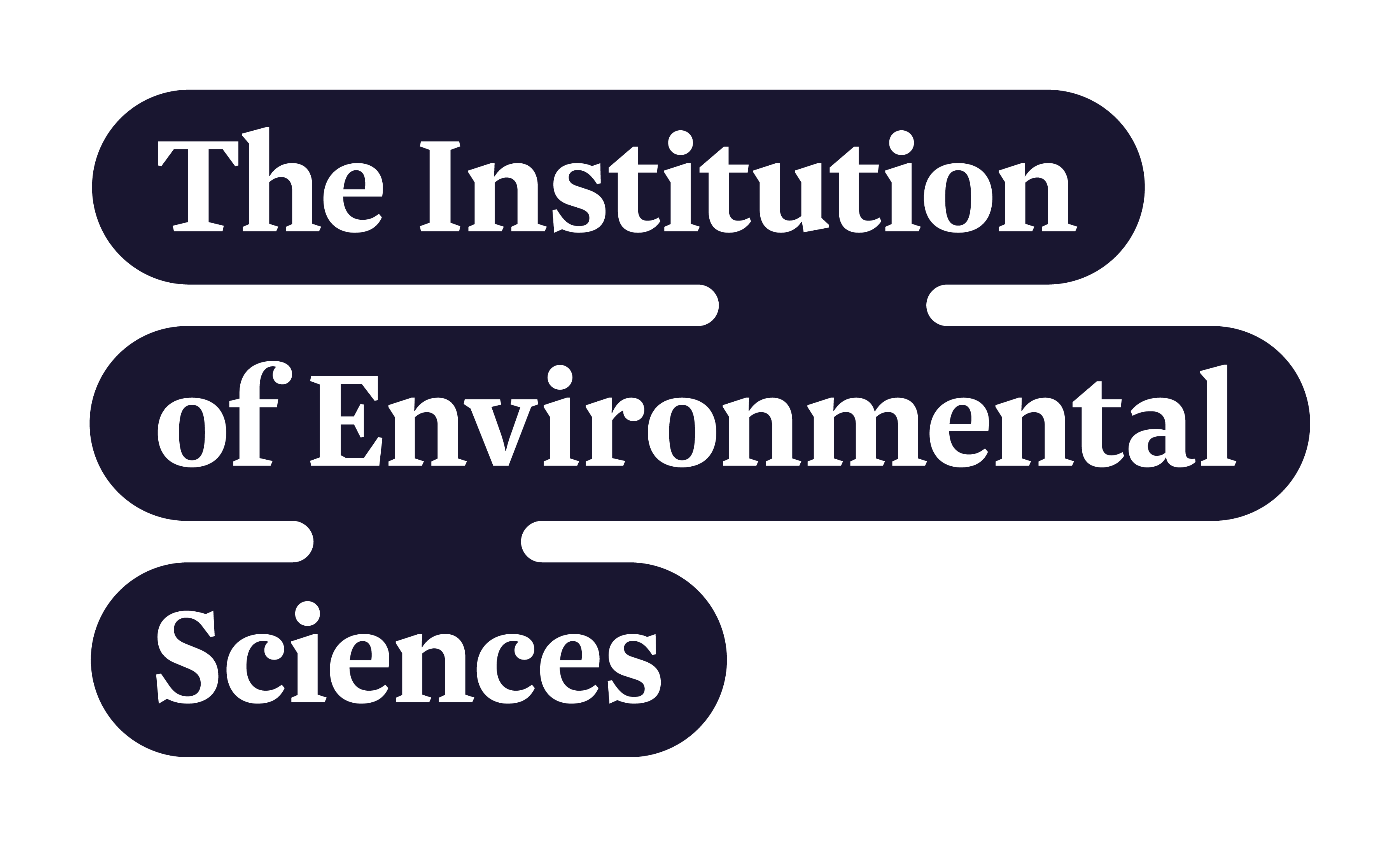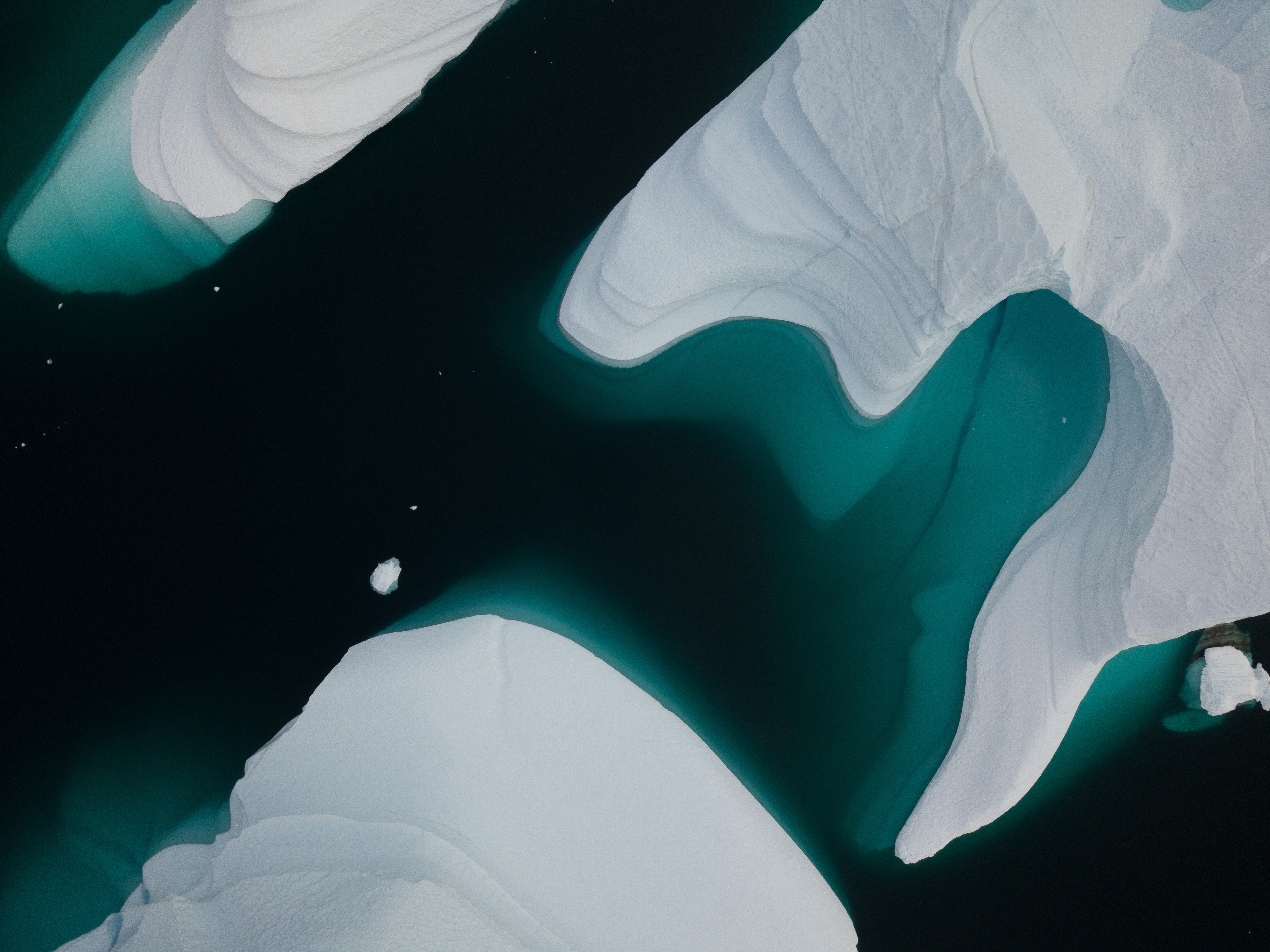Become an IES Student Ambassador
The IES is the professional body for the environmental sciences, a membership organisation supporting all those studying and working in the sector. With a growing student membership, we want to strengthen the relationship between our student members and the IES and provide opportunities for practical professional experience that boosts students’ employability.
What is the IES Student Ambassador scheme?
The Student Ambassador Scheme is an opportunity for up to two students from each of our accredited institutions to represent the IES at their university and to champion the student voice. The Student Ambassador Scheme is intended to provide a valuable opportunity for students at accredited universities to steer, and provide input into, tailored IES activities and promote the importance of professional body membership within their institution.
What will be the role of a Student Ambassador?
From encouraging environmental action to hosting bespoke IES events and promoting student membership, the Ambassador role is diverse and flexible, allowing Ambassadors to adapt the role to meet the needs of their student body.
Ambassadors will:
- Act as the main point of contact between the IES and their institution’s student body, actively promoting the benefits of IES Student Membership and relaying feedback to the IES.
- Work in collaboration with the IES to deliver events/content for the IES student membership and sector at large.
- Collate and share information about environmental opportunities within their institution to inspire student action.
- Contribute content for the LinkedIn IES Student member page.
- Have the opportunity to represent IES student members at the CEDHE (the education branch of the IES) Executive Committee meetings and support in informing the education work of the IES.
Why become a Student Ambassador?
- Ambassadors will develop key skills, such as communication, event management, public speaking and leadership - professional skills that will set your CV apart.
- On successful completion of their tenure, ambassadors will receive a reference and LinkedIn endorsement from the IES.
- This role will enable Ambassadors to engage meaningfully with the IES, demonstrating a commitment and dedication to the environmental science sector.
- Opportunity to network with other university students, industry professionals, academics and other student ambassadors from across the world, at IES events.
- The opportunity to be receive the IES Student Ambassador Award, the recipient will also receive one year’s free professional membership of the IES on graduation
Here from our current student ambassadors about why they chose to apply to become an IES Student Ambassador, what they have gained from the experience and why you should apply. Watch now on our YouTube channel.
What we are looking for in our Student Ambassadors
- Currently enrolled on an IES accredited course and a registered Student Member of the IES,
- In 2nd year (or 3rd year if enrolled on a 4-year course),
- Confident with written and verbal communications,
- Willingness to engage in public speaking,
- Proactive and organised,
- Passionate about environmental science and sustainability,
- In line with our ED&I Plan 2023-2026, we are particularly keen to encourage applications from people from underrepresented groups.
Key information
Ambassadors will hold the role for 13 months, which will include handing over your role to the new Ambassadors at your university. For 2023/24, Ambassadors will hold the position from November 2023 – December 2024.
How to Apply
If you would like to be considered for this role, please complete this form by 12pm on 31st October 2023. Please note you must be an existing Student Member (sign up form) of the IES and logged into the members area to access this form.
If you have any further questions please don't hesitate to contact the IES on education@the-ies.org


